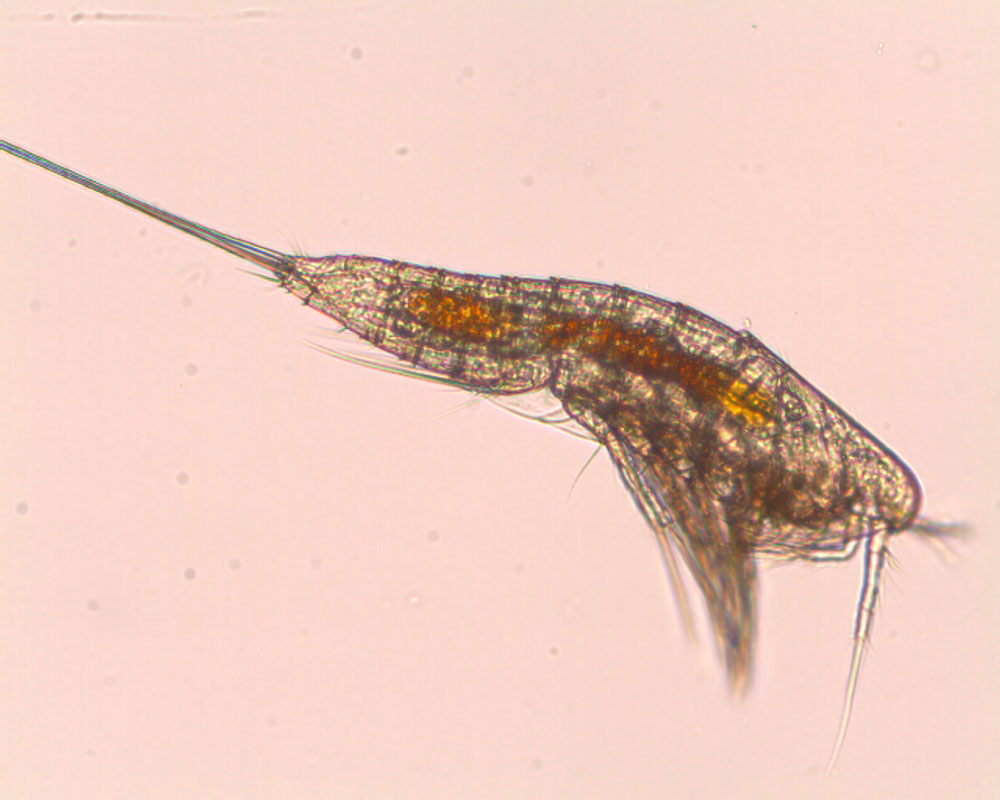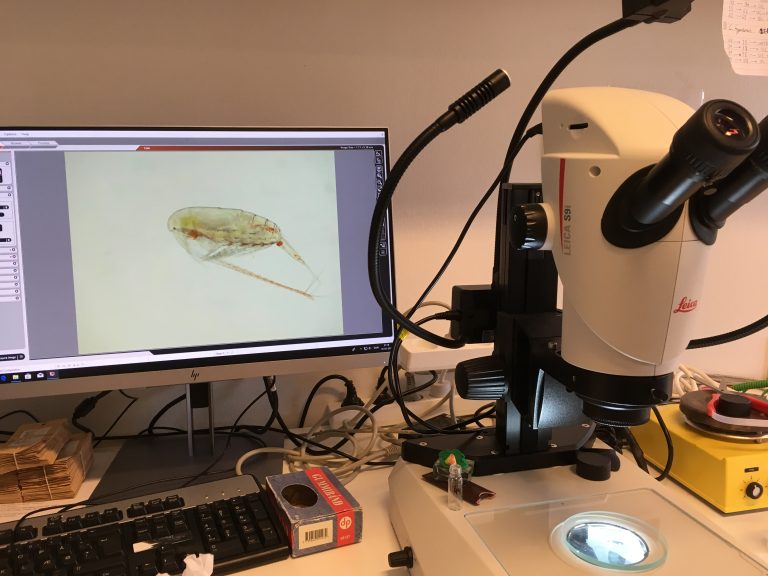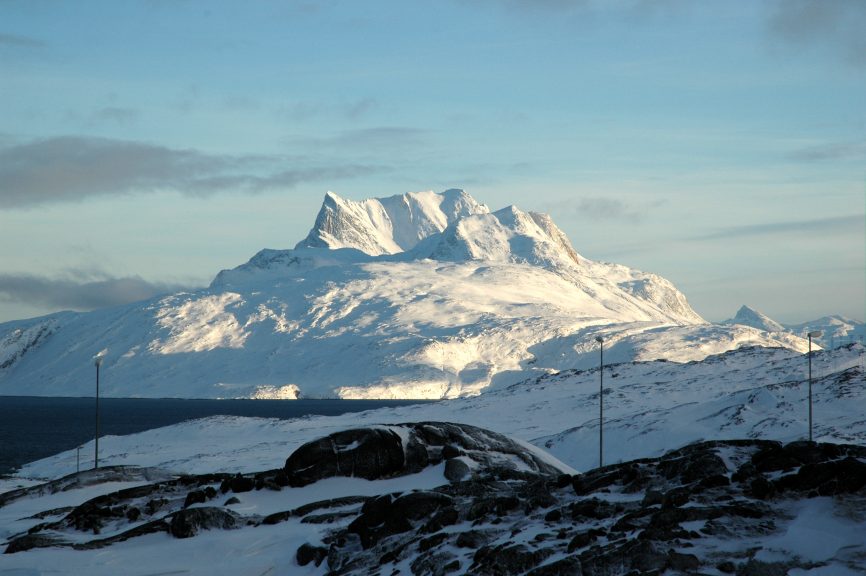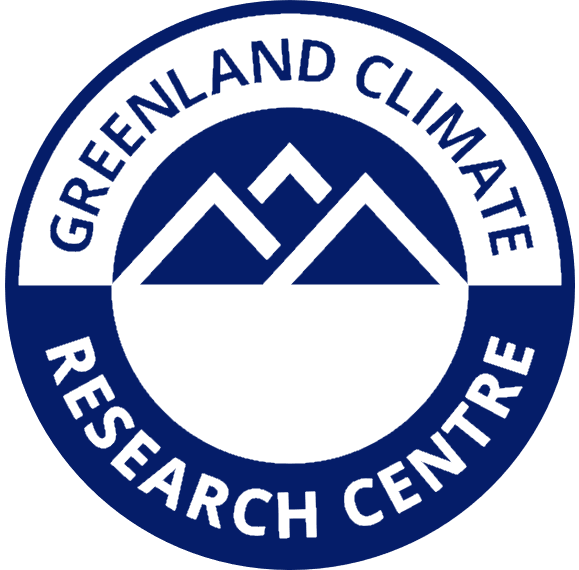Zooplankton Ecology

Zooplankton play a pivotal role in the marine ecosystem. They are a major link between primary production and higher trophic levels, and thus are essential to the trophic structure of pelagic food webs. We aim to understand the temporal and spatial pattern of zooplankton population dynamics and distribution, the interaction of abiotic and biotic factors controlling the seasonal dynamics and productivity of key species, and zooplankton’s physiological response to climate change.
As the climate changes, the inflow of Atlantic water into the Arctic increases, and this may lead to a shift in the dominant species in the region, which may have severe consequences for the arctic food web. We use various approaches, ranging from small-scale laboratory experiments and field studies to long-term monitoring of zooplankton. The monitoring is an integral part of our research aimed at identifying the causes and mechanisms for long-term changes in the abundance of key species of copepods, and shifts in biodiversity in general, which will help us to better understand how the interplay of physical factors and food availability determines the population dynamics and phenology of copepods.



